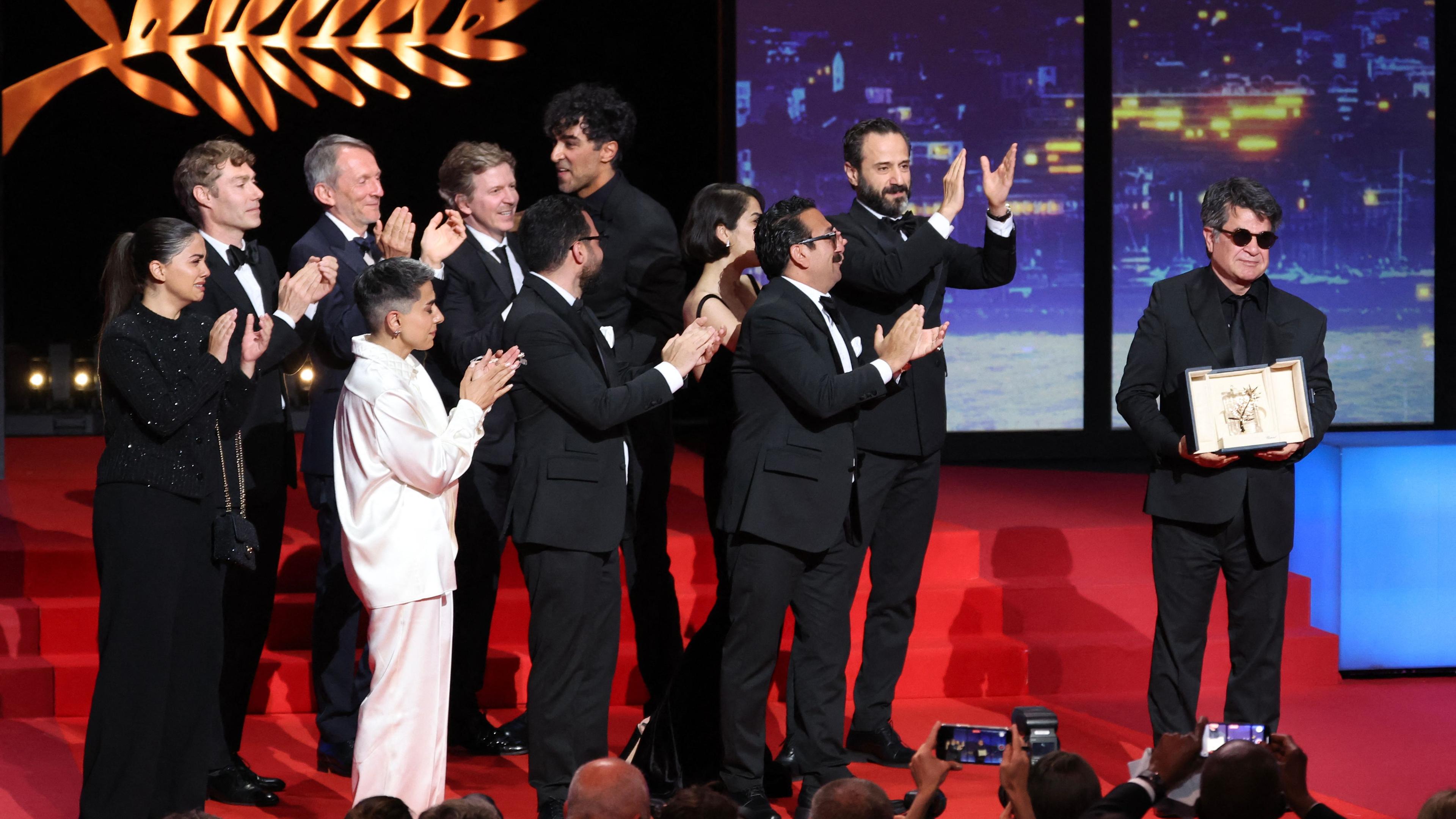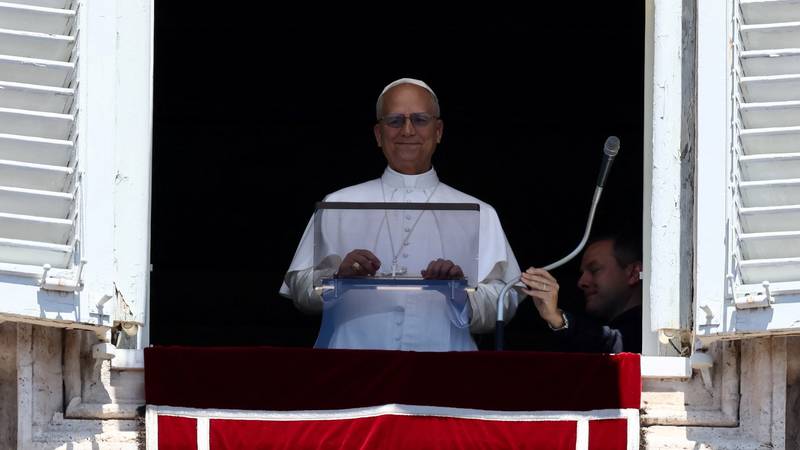Less feminism, more world politics: This is how the film festival ends in Cannes

Emancipation, feminism and #metoo: In 2024, the female perspective dominated the Cannes Film Festival. This year the Croisette is celebrating the committed cinema again, but with a less feminist note – despite a predominantly female jury, the French actress Juliette Binoche. It is all the more clear that true (film) art has no gender.
While Sean Baker’s “Anora” was awarded a modern and emancipated “Pretty Woman” with the Golden Palm last year, this year’s jury is set by a political sign with its selection for the Palme d’Or: Jafar Panahi’s « Un Simple Accident »a Luxembourg co -production, defies the Iranian regime and relies on humanity and freedom.
Luxembourg co -production wins the Palme d’Ones in Cannes
Overall, this year’s winning films turn out to be politically and socially anchored. Surely Lynne Ramsay’s « Die, My Love », in which Jennifer Lawrence plays a mother who suffers from strong puerperium depression and gradually penetrates, deserves an appreciation. After all, the Scottish director and screenwriter works in her intensive drama a much too rare topic.
Nevertheless, the focus of the social drama « Jeunes Mères » from the Dardenne brothers, in which teenage mothers, who come from socially weak conditions, focused in the family, the family dramas like Joachim Triers « Sentimental Value » or Mascha Schilinski’s « look into the sun » and the political thriller « O Agente Seceto » (English title « ) Excellent work -commented works.
Luc and Jean-Pierre Dardenne received the price for the best script on the croisette for « Jeunes Mères ». Photo: AFP
Cinema for cinephile or for the masses?
In general, this year’s competition contributions – with a few exceptions – were characterized by strong social and political debates and messages. The struggle for freedom and the attempt to defend themselves against oppression of any form are repeatedly expressed.
It is calls for giving people the opportunity to express their opinion freely and to shape their lives according to their own ideas.
For example, Sergei Loznitsa’s dark, strongly in gray tones would be “Two Prosecutors”, in which a young prosecutor would like to ensure justice in the Soviet Union in 1937 and become a victim of the corrupt system himself. In Tarik Saleh’s « Eagles of the Republic », a government -critical Egyptian actor is also conflicting with the political system.
However, whether these films may be as important and strong, but are suitable for the masses and also reach fewer cinephil people beyond the critical bubble remains questionable. Here, contributions such as Wes Anderson’s « The Phoenician Scheme », Ari Asters « Eddington » or Oliver Hermanus’ « The History of Sound » may rather score.








